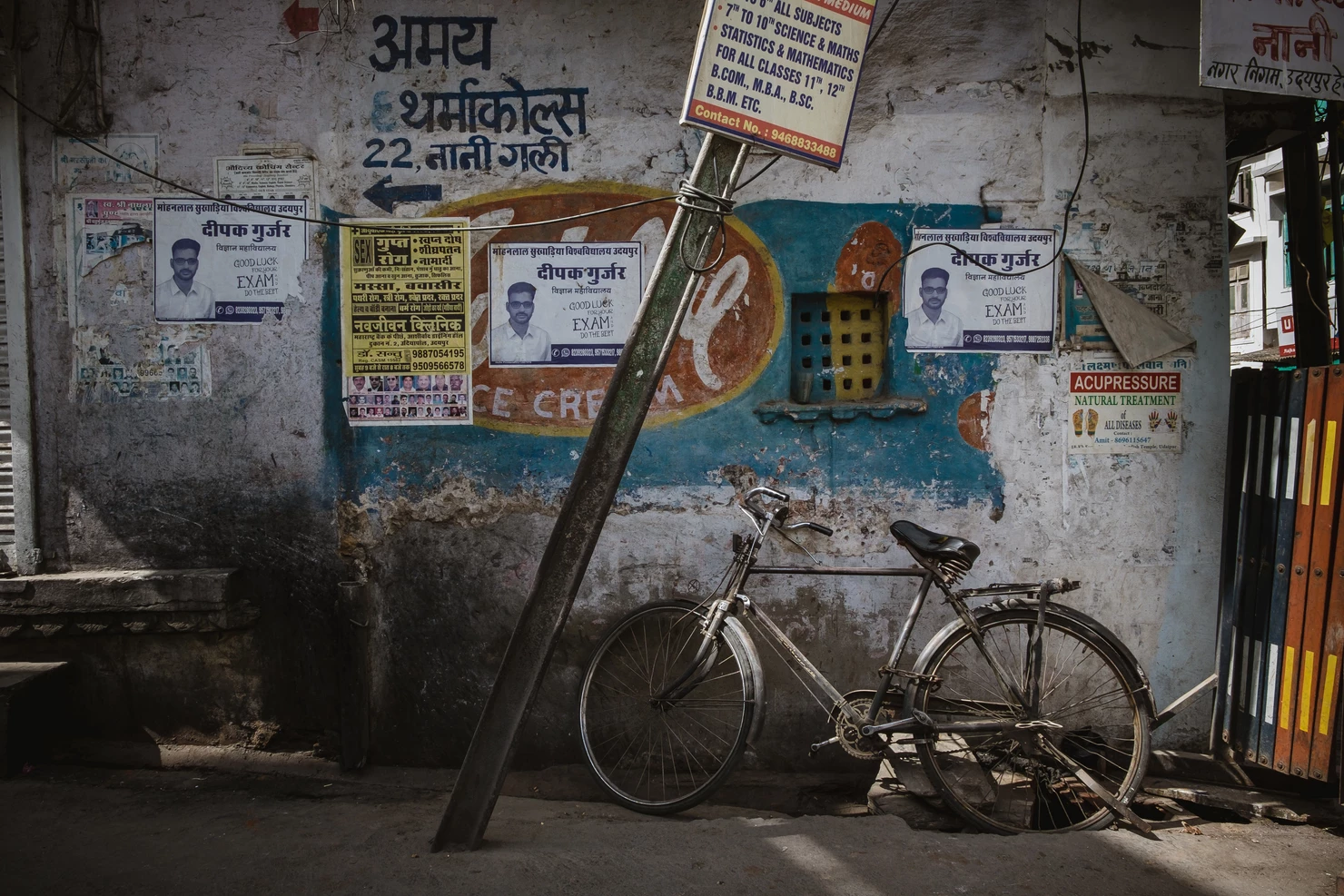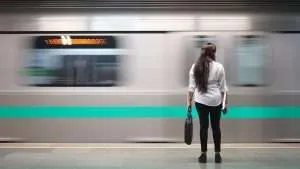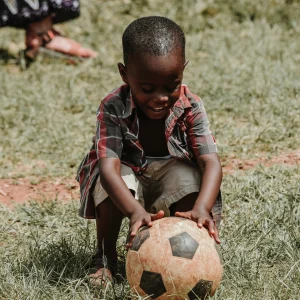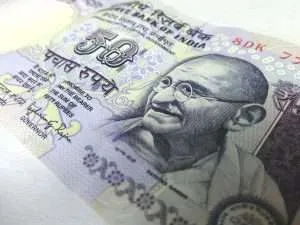We have yet to see the end of the coronavirus pandemic, but we should start thinking about India after COVID-19. The COVID-19 crisis in India seems to be passing by almost one and half years till date. During this phase of the pandemic, changes took shape in almost every sphere of the country’s lifeline. From economy to society, clusters to classes, the multi-level changes were significant, remarkable and vibrant. The country at this moment trying hard to get back to normalcy in public and economic perspective from the second wave of the pandemic. It may be recollected that it is the healthcare sector of the country that was hit worse and dismantled completely in the recent outbreak of the second wave of the pandemic.
Infections, high death number, including poor vaccination rate among people were present during this phase of the pandemic. In between the nation is apprehensively waiting to confront with the probable third wave of the COVID-19 pandemic. The country’s economic and social think-tank “Niti Aayog” including premier health research wing of the country ICMR (Indian Council of Medical Research) and Ministry of Health has already issued advisory with the ultimatum that the third wave is not only certain but the wave it seems to be inevitable in coming months of the year.
Dr. Ranjit Guleria, Director at All India Institute of Medical Science (AIIMS)—a major state-run hospital of the capital—firmly addressed to the government that the third wave is going to be more lethal and fatal to the country unless the vaccination rate is picked up from the present pace of growth. End of August or the middle of September the wave is likely to tremor the country. The government is trying its best to mend those structural areas which were broke apart recently during the second wave. However, this time, if it happens it is going to be an acid test for Modi Government; confronting with the disease in one hand and restoring good governance on the other hand, and wiping out social inequalities to restore societal balance.
People are shattered and disappointed with the performance of the present government. Lack of oxygen, vaccine and economic miseries are shooting up day to day expenditures, escalated essential commodities price due to havoc state impositions (Various taxes) in petrol and diesel are multiplying the hardship which the common people are facing. There are no such prevailing social security schemes in the country except for very few of the BPL (Below Poverty Line) families.
Middle and lower income comprised groups belong to a substantial population category of the country. They are the most vulnerable of our country and are under stress. As per CMIE (Centre for Monitoring Indian Economy, Nodal State run Economic Data Wing) and The RBI (Reserve Bank of India, Apex Bank of the Country) officially admitted almost 1.5 Crore people from the unorganized sector of the country have lost their jobs so far in the second phase of the pandemic. Rate of food inflation is also mounting up in every week due to increased domestic fuel price.
This multi-level cascading effects from the COVID-19 pandemic is changing the social tune of the country. Still, people are behaving humble so far despite receiving thrashing on economic and societal fronts. Economic and social observers are saying that the government needs to address this behavior to save lives, thus protecting human resource. If the social chain is breaking, then it will be difficult to get out from the economic catastrophe that the nation is facing so far. More social tensions and outbreaks will dismantle the democratic environment of the country in general.
Now coming straight, attired to the subject of gauging the changing societal landscape of the country, vaccines appear to be a major catalyst. Formulation of a comprehensive, effective, and vibrant public policy in near future may immunize the government in coming years to maintain an economic harmony as well as societal balance and equality. The country’s central ruling regime BJP (Bharatiya Janata Party) has been criticized from all angles, for failing to establish a control over the crisis.
The rate of vaccination has spurt up at this moment compared to the initial phase. However, less than 8% of the total populace of 1.5 billion of the country has so far been fully vaccinated. The problem lies in the production quantity and supply of the prime vaccine manufacturers, Serum Institute of Astra Zeneca’s Covishield and Bharat Biontech’s Covaxin, which does not meet domestic supply standards due to international order quantity. It has now been established quite clearly that vaccine politics between Central Government and various independent autonomous States in India is the prime factor of societal disruption and imbalance. Increasing productivity and unbiased smooth distribution of vaccines from central stores department to state kiosks would have been better to address and curve the changing societal landscape of the nation.
Initially there were discrimination and division in the vaccine policy. Price disparity regarding vaccine procurement by the central government with respect to the individual states caused the union government to face lots of criticism from different corners including the major political oppositions of the country. Later, during the middle of the second wave, the government abruptly declared uniform vaccination for all.
The government under political compulsion and civic annoyance felt this necessity as vaccination is Centre’s liability and legitimate right of the people of the country which need to be administered free of cost. The Indians do not have any social security schemes at par with developed nations of the world. Literally, it denied relief to the individual independent states to manage their fiscal exchequer under stringent economic condition of the pandemic. Ironically, till date, the Indian government is not under full control in controlling and managing the COVID-19 pandemic with a relative efficiency.
A level of “Social Recession” (A new terminology being used in the socio-economic studies in India referring to a condition of economic stringencies of a country leading to social divisions and paramount imbalance among various clusters comprised by caste, color and religion) has started developing within the states and is going to be a major cause of concern for the ruling regime of the nation in coming years. True, quantum jump in terms of vaccination number has increased these days, since the nation went into second wave of the pandemic. The situation would have been much better if the present government could have assure sufficient numbers of required vaccines to various states and “Gram Panchayats” (Lower tier of the democratic and administrative governance applicable to rural India, Ref. Ministry of Panchayatiraj GOI).
The present Central Government lead by Prime Minister Mr.Narendra Modi’s BJP (BharatiyaJanata Party) government had recently undertaken a preferential vaccine policy, supplying adequate vaccines to those states where the same political party is in the power. Distribution of vaccines to opposition states are not adequate in numbers rather substantially low in comparison. This pattern of COVID-19 management policy is an ambiguity against the people of those suffered states by large. This polarising practice is germanising the concept of social recession in terms of tolerance and residuality among the various clusters of Indian society. Increased COVID-19 cases and inadequate vaccine supply consequently enlarging the possibilities of illegal hoarding and storage of vaccines in few hands of operators.
Corruption within the powerful healthcare industry and hospitals of the country has also started plummeting since government started to include private sector distribution model of immunization. Political allegations and counter allegations are the highlights of business these days. Experts are saying it could be a policy of the government to facilitate the vaccine manufacturers for more profiteering in coming days because the Indian government did not spend any corpus to ensure required vaccines for the people of the country. It could be a damage control exercise in one side and ensuring “Vaccine Profiteering” to manage political diplomacy during COVID-19 crisis of the country in general.
Since the country started practicing this formula of managing the pandemic, societal landscape of the nation started changing because of the differentiated economic strata where the powerful and privileged class are in the forefront of service. Full vaccination to a large extent has happened to this class. On the other hand, a large section of vulnerable people cannot even ensure the first jab of the vaccine.
Corruption and chaos are also infiltrating the society after the induction of such an ambiguous disease control mechanism. Lack of good governance and in the absence of an improper public policy, social tensions and imbalances are being nurtured across the country in a slow motion. It is indeed a great threat to the nation. People are disappointed and frustrated which may likely cause a paramount degree of social de-synchronization in India in the coming years. India must run a good governance immediately to reduce the aggrandizing social tensions during the COVID-19 pandemic especially during the time of destined third wave of the lethal virus.
Now, let me pronounce a few specific notes in support to my substantiation highlighting the significant landscape changes on the Indian societal perspective. The government at present is strictly exercising the modified and ease system of lockdown in the name of controlling infections. As per the serious observations of the national and international experts working upon India, these measures are basically impositions to curve the legitimate democratic rights of the common people of the country when the regime is failing to address the legitimate healthcare demands of the people in India.
The government at present enforced a 123 years old British Colonial Law, Epidemic Disease Act 1897, enforced on 11th of March 2020 in parallel to Disaster Management Act 2005 imposed on 24th March 2020, including night restricted movement. With these stiff rules, the government conspires to curve and shelve democratic rights and citizen charters of the people in the name of COVID-19 management in India.
However, the current practiced model of the government in India steadily laying the cable of frustration and discomfort and making a blueprint of a changed landscape of societal revolts in coming years. Unless the government sympathetically addresses the social issues which are combusting during COVID-19 management among various communities, the country may get ready for a major contagious approach of social tensions and ethnic violence in the upcoming years.







